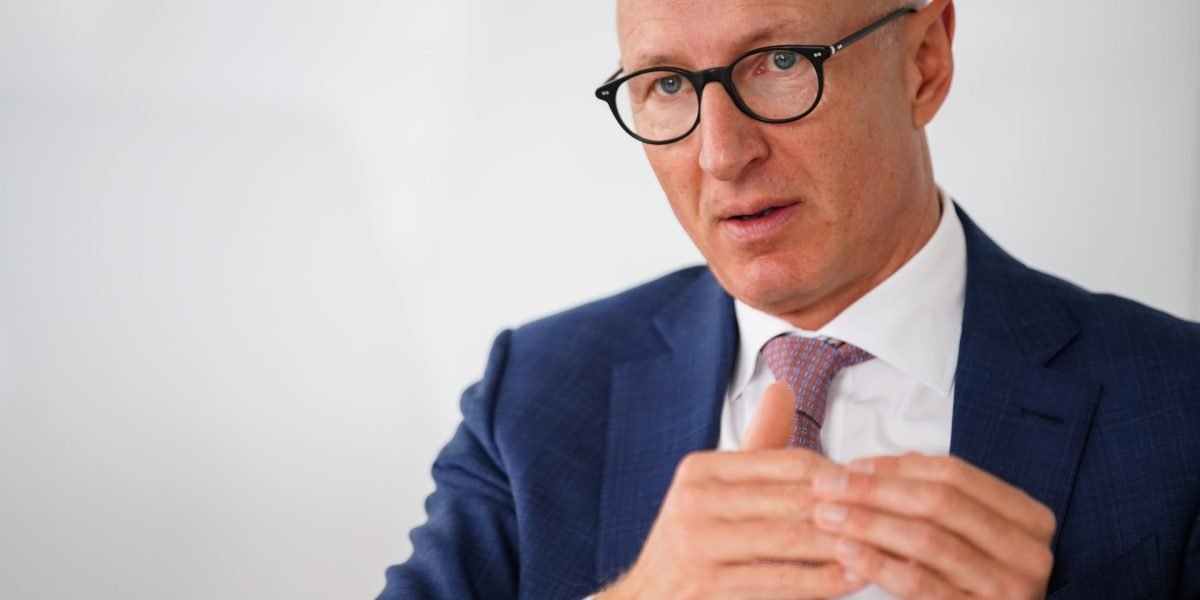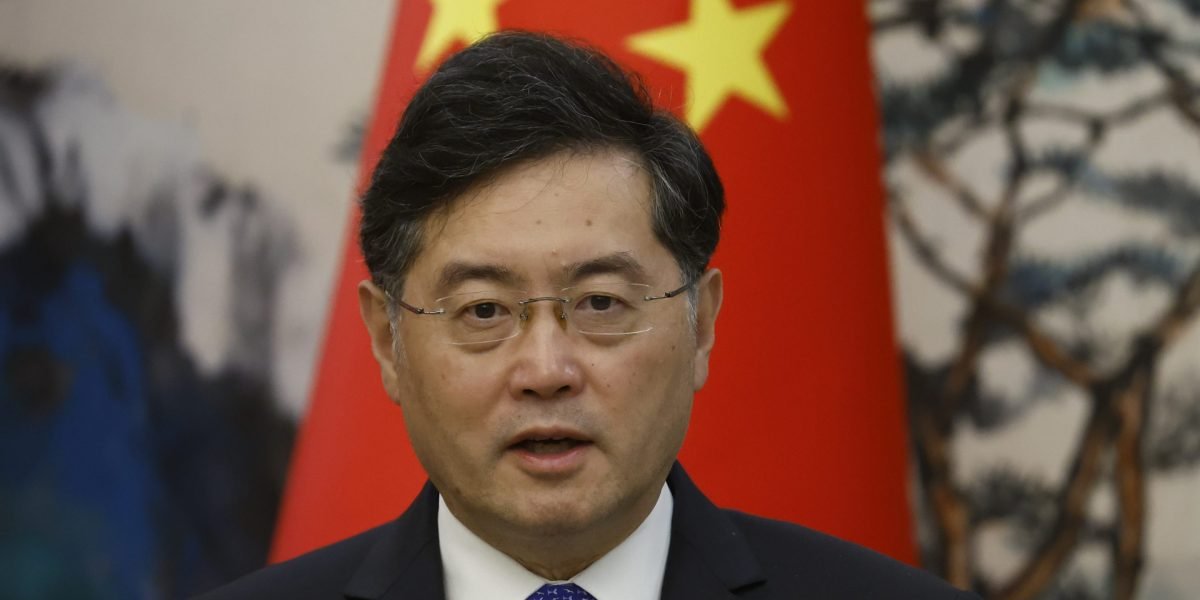If food suppliers weren’t already spooked by the surge in demand for weight loss-aiding drugs like Wegovy and Ozempic, they’ve just been given a fresh $900 million reminder of why they should be.
Danish drugmaker Novo Nordisk has the figures to prove growing interest in weight loss-aiding medication was far from just hype.
Novo’s third-quarter earnings showed revenues at the Ozempic and Wegovy maker were up 29% compared with last year, while the firm’s net profits were up 56%.
Sales of Wegovy, meanwhile, were up more than eight-fold compared with the third quarter of 2022 to 10 billion kroner (around $900 million). The company’s overall sales of obesity medication have more than doubled in that time.
Shares in Novo were up more than 2% in early trading following the release of results. With a market capitalization of $436.6 billion, the drugmaker is Europe’s biggest publicly listed company and is even more valuable than the entire economy of its native Denmark.
The Danish government even cited the success of Novo in August when it lifted its 2023 GDP forecast from 0.6% to 1.2%.
U.S. buying up Novo stock
Demand is far and away being driven by the U.S., which was responsible for 95% of Novo’s sales of Wegovy over the third quarter of 2023.
Drugs designed to treat diabetes, known under the umbrella term GLP-1, have soared in popularity in recent years after they were proven to aid in weight loss. Elon Musk brought global attention to its capabilities last year, when he said he was using Ozempic to help him drop a few pounds.
Approximately 1.7% of people in the U.S. who visited a doctor in 2023 have been prescribed Wegovy, Ozempic, or similar options, according to CNN.
There is little sign of GLP-1’s influence waning in the coming years. Evan David Seigerman, an analyst at BMO Capital Markets, predicted the global market for weight loss-aiding drugs could reach $100 billion by 2035, hitting $70 billion in the U.S. alone.
Sales might have been higher still for Novo’s line of GLP-1 medications, if not for a supply crunch that has constrained the amount the company can produce. An unexpected surge in demand thanks to the discovery of GLP-1’s weight-loss capabilities has left Novo scrambling to make enough available.
Novo announced in July that Saxenda, one of its obesity medications, would experience a shortfall until the end of the year.
“Novo Nordisk is investing in internal and external capacity to increase supply both short and long term,” the group said in its earnings report.
“While supply capacity for Wegovy is gradually being expanded, the supply of the lower dose strengths in the U.S. will remain restricted to safeguard continuity of care.”
Retailers take note
Novo’s latest earnings will be a reminder of the existential threat major retailers and food suppliers face from a thinner, less hungry U.S. consumer.
Walmart has already noticed a decline in the size of shoppers’ baskets, with U.S. CEO John Furner pointing out people were buying “slightly less calories.”
Other companies have started trying quell investor fears over their own exposure to the drugs.
Coca-cola’s CEO James Quincey told CNBC’s Squawk on the Street that his company had been preparing for a less indulgent U.S. consumer for years with the development of low-calorie drinks like Coke Zero. Quincey suggested the company’s portfolio, of which 28% was in low-sugar or zero-sugar drinks, helped safeguard it from changing appetites.
“We think an environment where people are looking to consume less calories…absolutely, we have the portfolio that is fit for that,” Quincey told CNBC.
Food and household goods producer Nestle, meanwhile, said it had been working on nutritionally complete products it hoped would compliment the shifting American diet.





